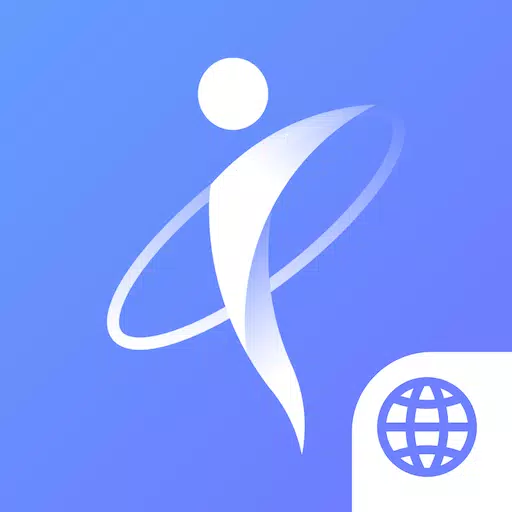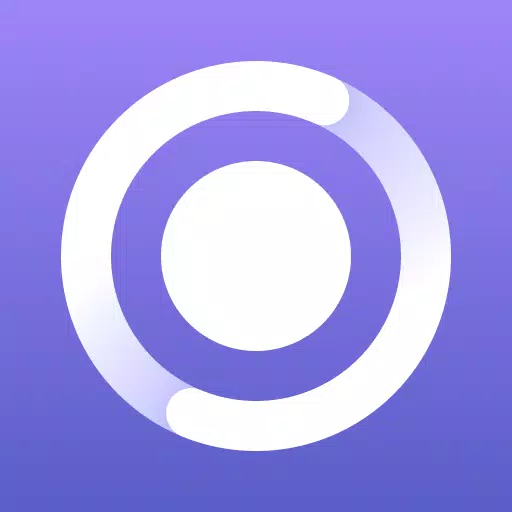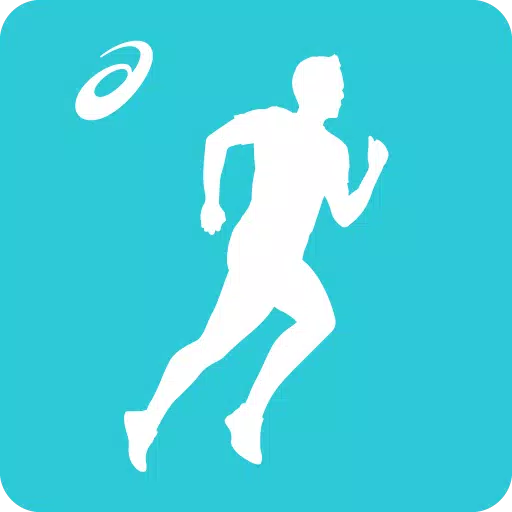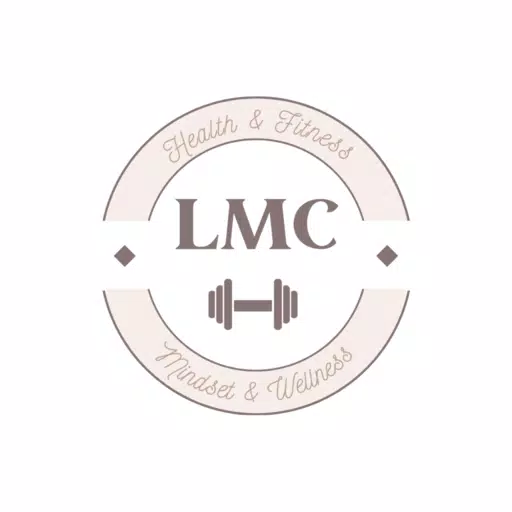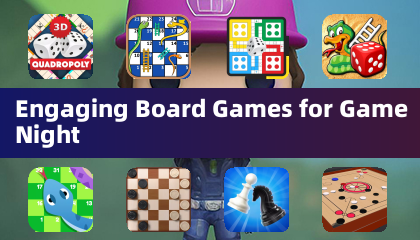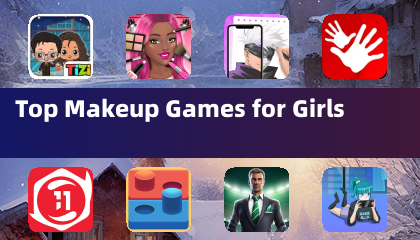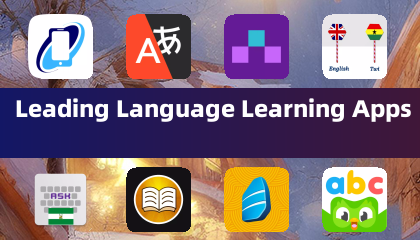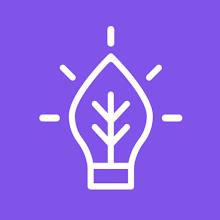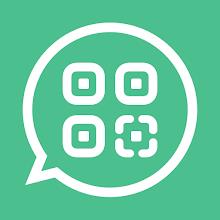
Application Description
Do you struggle with falling asleep? Are your children overly active when using tablets before bedtime? If you use your smartphone or tablet in the evening or suffer from light sensitivity during migraines, Twilight could be the solution you need!
Recent studies indicate that exposure to blue light before sleep can disrupt your natural circadian rhythm, making it difficult to fall asleep. This is due to the photoreceptor in your eyes known as Melanopsin, which is sensitive to blue light within the 460-480nm range. Such exposure can suppress Melatonin production, a key hormone for maintaining healthy sleep-wake cycles. Scientific experiments have shown that reading on a tablet or smartphone for a few hours before bed can delay sleep by about an hour.
The Twilight app adjusts your device's screen to the time of day, filtering out blue light after sunset and protecting your eyes with a soothing red filter. The intensity of the filter smoothly adapts to the sun cycle, based on your local sunrise and sunset times. Twilight is also compatible with Wear OS devices.
For more detailed information, visit the documentation at http://twilight.urbandroid.org/doc/.
Get More from Twilight
1) Bedtime Reading: Twilight offers a more comfortable reading experience at night. It can dim your screen below the standard backlight control settings, making it easier on the eyes.
2) AMOLED Screens: Our tests on AMOLED screens over five years show no signs of depletion or over-burning. Properly configured, Twilight reduces light emission and provides a more even light distribution across the screen, potentially extending the life of your AMOLED display.
Basics on Circadian Rhythm and Melatonin
For more information on these topics, see:
Permissions
Twilight requires the following permissions:
- Location: To determine your local sunset and sunrise times.
- Running Apps: To disable Twilight in specific applications.
- Write Settings: To adjust the backlight.
- Network Access: To integrate with smart lighting systems like Philips HUE, to reduce blue light in your home environment.
Accessibility Service
To filter notifications and the lock screen, Twilight may request to enable its Accessibility Service. This service is used solely to enhance screen filtering and does not collect any personal data. For more information, visit https://twilight.urbandroid.org/is-twilights-accessibility-service-a-thread-to-my-privacy/.
Wear OS
Twilight syncs your Wear OS screen with your phone's filter settings, and you can control filtering via a "Wear OS Tile".
Automation (Tasker or Other)
For automation options, visit https://sites.google.com/site/twilight4android/automation.
Related Scientific Research
For further reading on the science behind Twilight, explore these studies:
- Amplitude Reduction and Phase Shifts of Melatonin, Cortisol and Other Circadian Rhythms after a Gradual Advance of Sleep and Light Exposure in Humans - Derk-Jan Dijk, & Co, 2012
- Exposure to Room Light before Bedtime Suppresses Melatonin Onset and Shortens Melatonin Duration in Humans - Joshua J. Gooley, Kyle Chamberlain, Kurt A. Smith & Co, 2011
- Effect of Light on Human Circadian Physiology - Jeanne F. Duffy, Charles A. Czeisler, 2009
- Efficacy of a single sequence of intermittent bright light pulses for delaying circadian phase in humans - Claude Gronfier, Kenneth P. Wright, & Co, 2009
- Intrinsic period and light intensity determine the phase relationship between melatonin and sleep in humans - Kenneth P. Wright, Claude Gronfier & Co, 2009
- The Impact of Sleep Timing and Bright Light Exposure on Attentional Impairment during Night Work - Nayantara Santhi & Co, 2008
- Short-Wavelength Light Sensitivity of Circadian, Pupillary, and Visual Awareness in Humans Lacking an Outer Retina - Farhan H. Zaidi & Co, 2007
Health & fitness



 Application Description
Application Description  Apps like Twilight: Blue light filter
Apps like Twilight: Blue light filter 